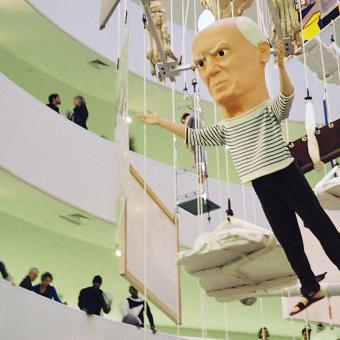
On the vital role of the arts and hermeneutics in the current political climate.

On the vital role of the arts and hermeneutics in the current political climate.
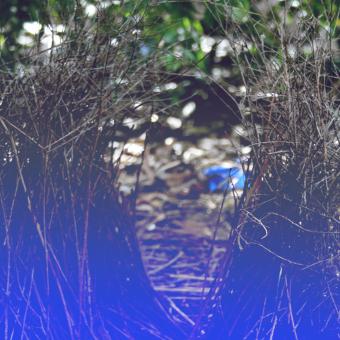
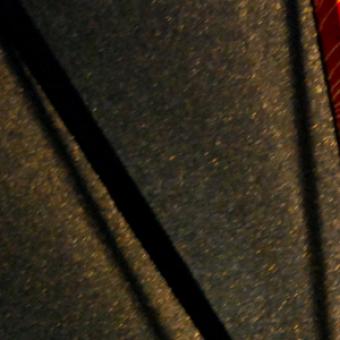
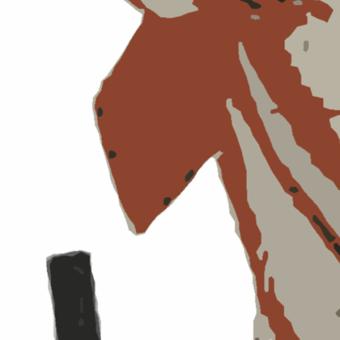
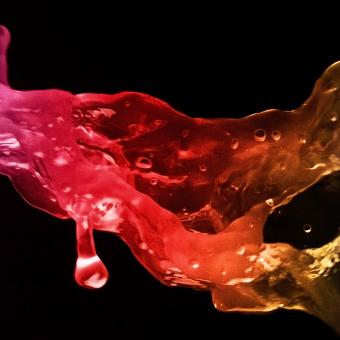
Post-critical methods of reading promise to apprehend the forces of aesthetic objects in their own terms. By granting that aesthetic surfaces speak in a different language than literary criticism, post-critical reading permits us to broaden the aesthetic forms that count as “critical” and the ways in which critique functions through aesthetic form. I call for new grammars of aesthetic agency, ones that more expansively account for the critical and creative forces that aesthetic objects harness to press back against the impasses of their contemporary moment.